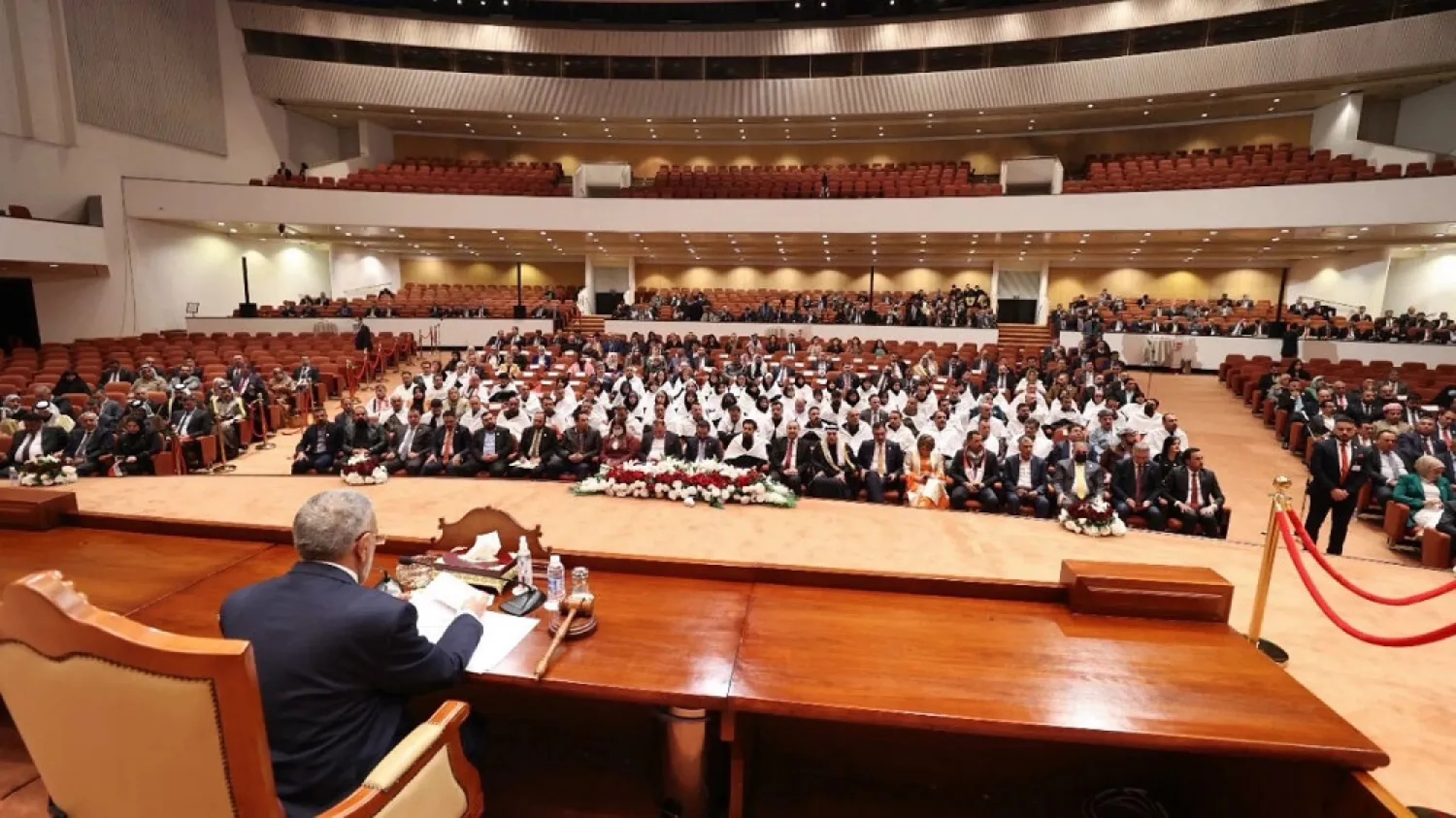ERBIL, Kurdistan Region of Iraq – A well-informed source in Iraq’s ruling Coordination Framework has revealed the names of ten candidates likely to become Iraq’s next prime minister, with talks underway after the legislative elections to form the country’s next government.
The candidates include incumbent Prime Minister Mohammed Shia’ al-Sudani, former Prime Minister Haider al-Abadi, National Security Advisor Qasim al-Araji, intelligence chief Hamid al-Shatri, Basra Governor Asaad al-Eidani, head of the Iraqi president’s advisors Ali Shukri, Chairman of Iraq’s National Commission for Justice and Accountability Basim al-Badri, former Communications Minister Mohammed Tawqif Allawi, former Youth and Sports Minister Abdul Hussein Abtan, and Abdul Ilah al-Naeli, head of Iraq’s Martyrs’ Foundation.
The senior Coordination Framework source, who spoke on the condition of anonymity, told The New Region that the Framework intends to select three candidates to present them to other political forces for feedback before a final candidate is agreed upon and consensus is reached.
Under an informal 2005 agreement on power-sharing in Iraq, the prime minister position is reserved for the Shiites, the president a Kurd, and the speaker of parliament a Sunni.
Mishaan al-Jubouri, a prominent Iraqi Sunni politician, told the New Region that the Coordination Framework must nominate someone from outside the umbrella coalition’s ranks who would be acceptable to both Washington and powerful Shiite cleric Muqtada al-Sadr – who holds significant influence in Iraq.
On Thursday, Coordination Framework member Uday al-Khadran told The New Region that government formation negotiations “are proceeding smoothly and without any obstacles.”
“There is full cooperation between all the concerned political parties,” he said, noting that the atmosphere regarding negotiations is “positive.”
Iraq concluded its sixth parliamentary elections on November 11, in which over 7,750 candidates competed for the Iraqi legislature’s 329 seats. Sudani’s Reconstruction and Development Alliance received the most seats in the legislature at 46.
No party won enough seats to earn a parliamentary majority, with inter-party negotiations to form the next Iraqi cabinet being essential as a result.
With the final results announced, the upcoming Iraqi parliament must hold its first session within 15 days, during which the representatives elect a speaker, a post that traditionally goes to a Sunni Arab.
Within 30 days of the first session, the parliament must also elect a president for the country, which is traditionally reserved for Kurds.



 Facebook
Facebook
 LinkedIn
LinkedIn
 Telegram
Telegram
 X
X


